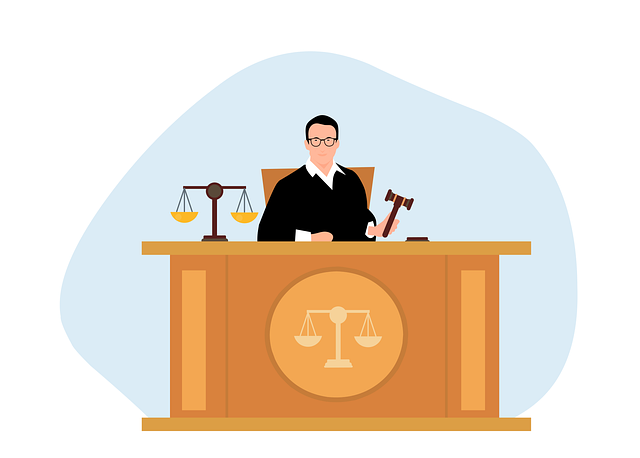Motorcycle accident compensation laws protect riders with unique entitlements distinct from car drivers. Damages cover medical expenses, rehabilitation, lost wages, pain and suffering, property damage, and potentially punitive damages. Effective documentation, including medical records, police reports, and witness statements, is crucial for fair compensation. Consulting a specialized legal expert navigates these laws and maximizes settlement offers, avoiding breaches of fiduciary duty or contract disputes. Negotiating with insurance companies, guided by an experienced attorney, secures maximum motorcycle accident compensation in complex cases or disputes about coverage.
“Motorcycle accidents can lead to severe injuries and significant financial strain. Maximizing your motorcycle accident compensation payout is crucial for covering medical bills, rehabilitation, and lost wages. This article guides you through navigating the complex landscape of motorcycle accident compensation laws, effectively documenting and proving your case, and negotiating with insurance companies to ensure you receive the maximum possible payout. By understanding these key steps, you’ll be better equipped to secure the financial support you need post-accident.”
- Understanding Motorcycle Accident Compensation Laws
- Documenting and Proving Your Case Effectively
- Negotiating With Insurance Companies for Maximum Payout
Understanding Motorcycle Accident Compensation Laws

In many jurisdictions, motorcycle accident compensation laws are designed to protect riders who have been involved in crashes. These laws outline the rights of victims and the procedures for claiming compensation from at-fault parties. Understanding these legal frameworks is crucial for maximizing your payout. Motorcyclists should be aware that their entitlements may differ from those of drivers in cars, as motorcycles are often considered less protected due to their size and exposure on the road.
Knowing what types of damages you can claim under motorcycle accident compensation laws is essential. This includes medical expenses, rehabilitation costs, lost wages, pain and suffering, and property damage. Additionally, if the accident was due to negligence or recklessness—such as in cases of nursing home abuse or homeowner insurance claims—you may be entitled to punitive damages. These laws vary by region, so it’s vital to consult a legal expert who specializes in motorcycle accidents to ensure you’re aware of all your options and rights.
Documenting and Proving Your Case Effectively

After a motorcycle accident, documenting and proving your case effectively is paramount to securing a favorable motorcycle accident compensation payout. Gather all relevant information, including medical records, police reports, witness statements, and photographs of the scene and injuries sustained. This comprehensive documentation will serve as solid evidence when presenting your claim.
Organize these details meticulously, as it demonstrates your diligence and commitment to pursuing fair compensation for your injuries, pain, and suffering, lost wages, and other associated expenses. Remember, your attorney has a fiduciary duty to advocate on your behalf and ensure that any settlement offers are in line with the true value of your case, free from breach of fiduciary duty or contract disputes.
Negotiating With Insurance Companies for Maximum Payout

After a motorcycle accident, negotiating with insurance companies is a crucial step to secure maximum motorcycle accident compensation. Many riders are unaware that they have rights and options beyond what their insurer initially offers. A seasoned personal injury attorney can help navigate this process, ensuring you understand your full extent of benefits under the law. They will advocate for your interests, especially when dealing with complex cases or disputes about insurance coverage.
When negotiating, it’s essential to present a strong case supported by medical records, witness statements, and any evidence related to the accident. This includes documenting all expenses incurred due to injuries, from medical bills to rehabilitation costs. A systematic approach, led by your attorney, can result in a higher settlement, offering you the financial support needed for recovery without facing employment disputes or further insurance coverage disagreements.
Maximizing your motorcycle accident compensation involves understanding the legal framework, thoroughly documenting your case, and negotiating skillfully with insurance companies. By adhering to these steps—from navigating the complexities of compensation laws to effectively proving your damages—you can ensure you receive the highest possible payout for your injuries and losses. Remember, knowledge is power, and being prepared can make all the difference in securing a fair settlement for your motorcycle accident.





